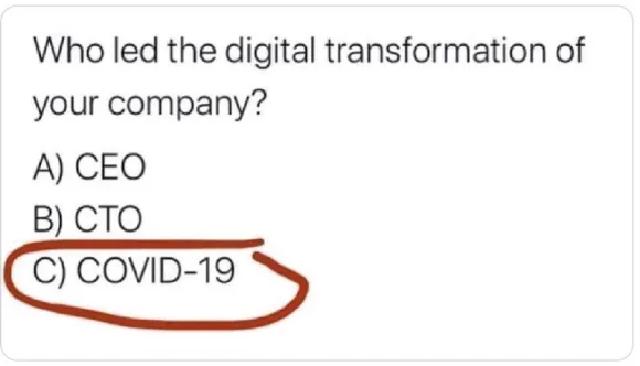2021 Reading List and Recommendations
I read 47 books in 2021.
There’s no real trick to reading that number. Make it a daily habit (get an hour in every day) and carry a Kindle everywhere. Block your lunch hour or another time if you need to schedule.
My star ratings out of 5 are below for every book. Good stuff is in the “To Read” list. I’ve also included a “Do Not Read” list for books I wish I had not wasted my time on.
